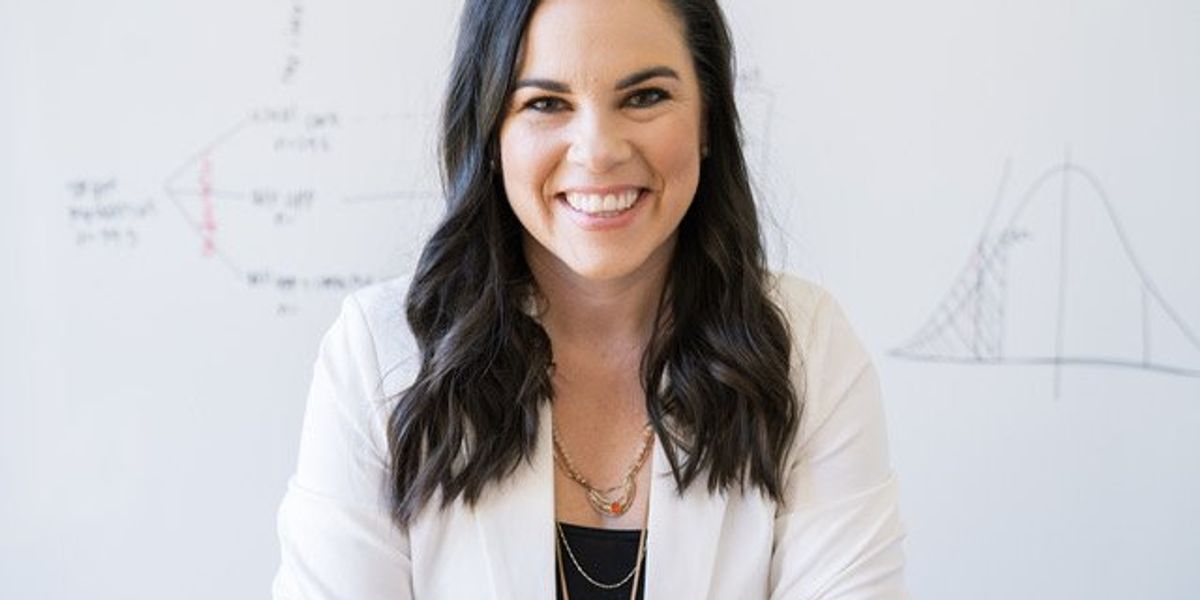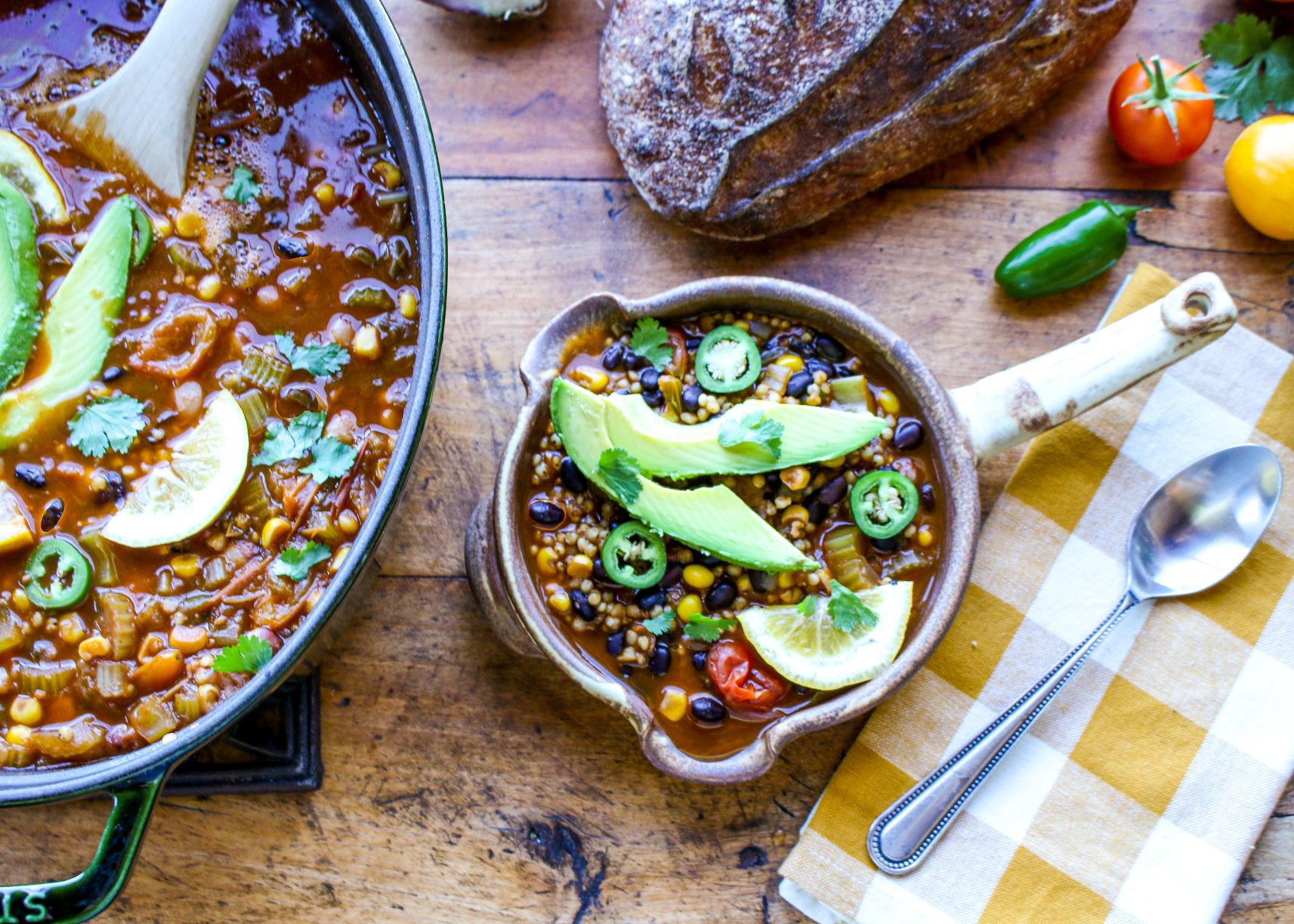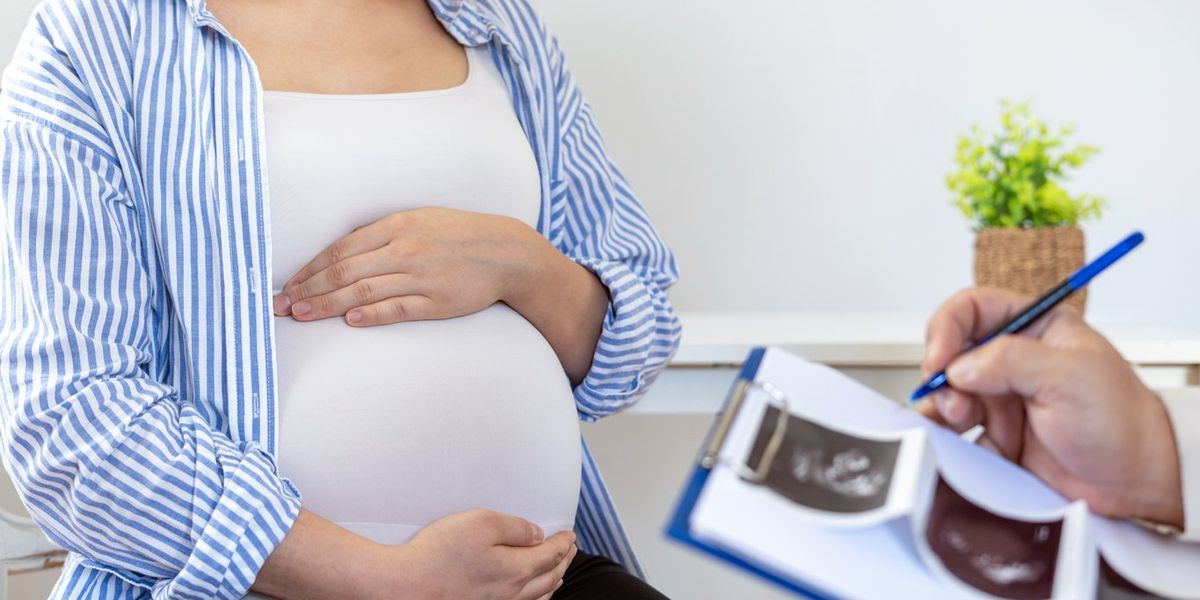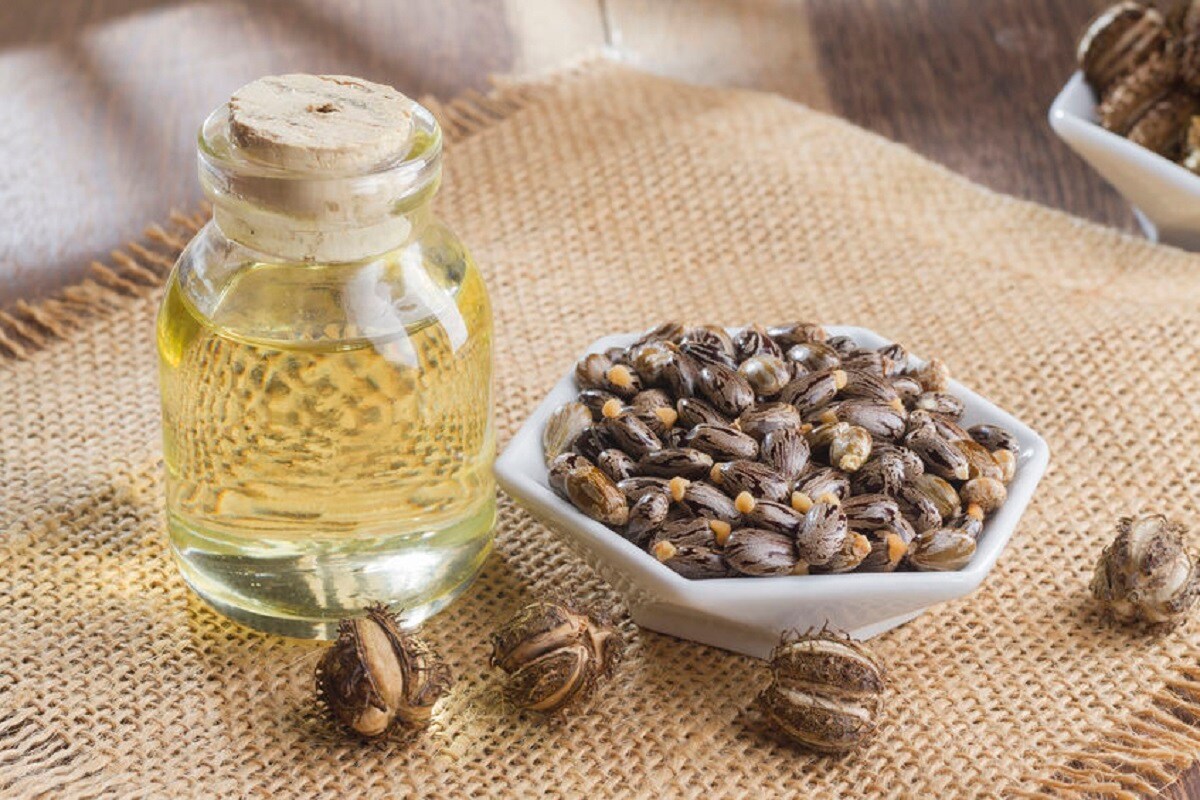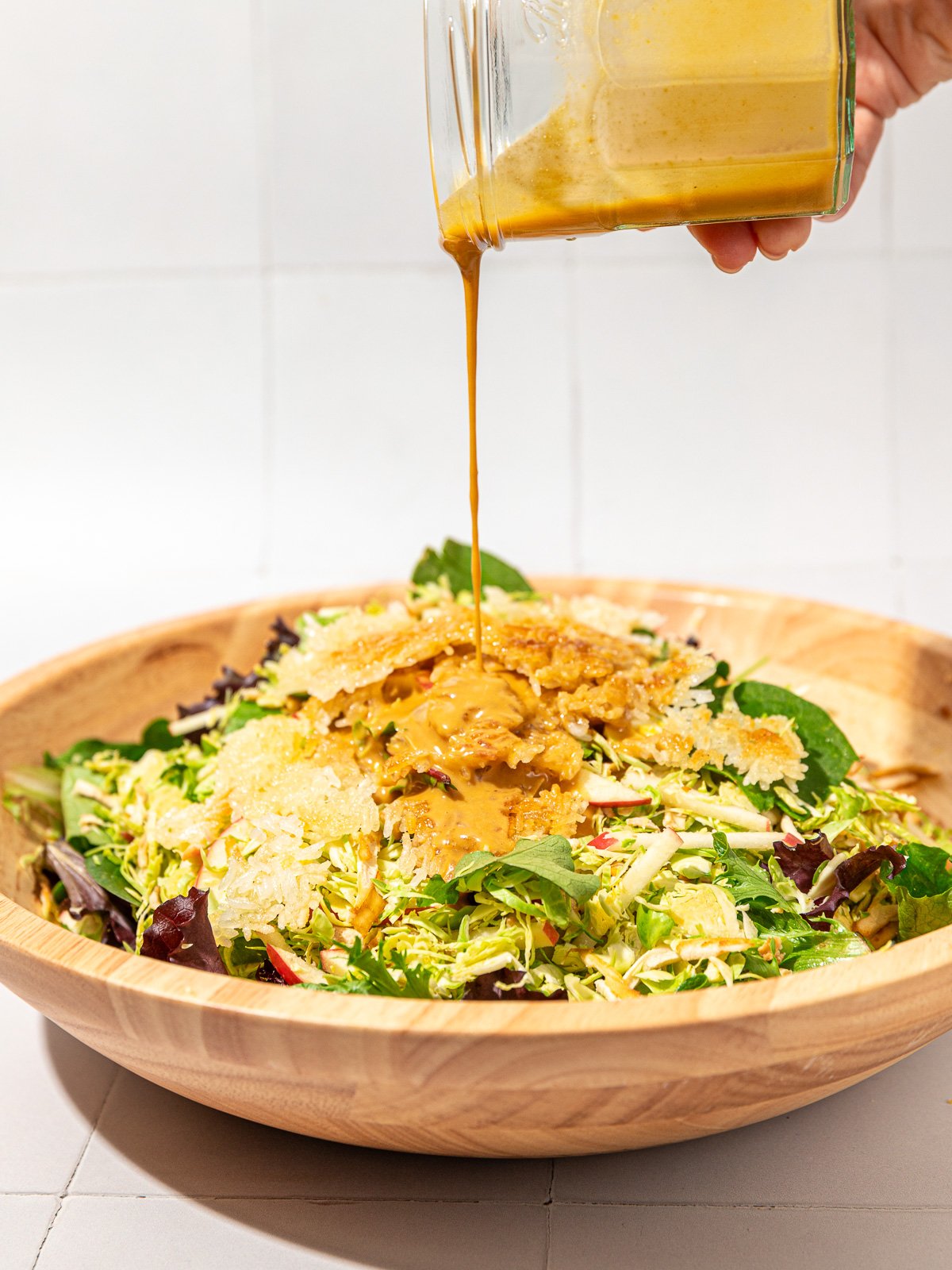Katelyn Jetelina, Ph.D., MPH, is our type of public health professional.
As an epidemiologist, she studies patterns and causes of disease in public health (e.g., Covid), and she’s super passionate about sharing evidence-based information with anyone who’s interested.
Her free weekly newsletter, Your Local Epidemiologist, breaks down complicated public health facts in a friendly, easy to understand way. She started the newsletter during Covid, and it quickly became the go-to resource for reliable information during the pandemic. Today, about 230,000 people in 100 countries subscribe to Your Local Epidemiologist, and Time magazine named Jetelina one of the 100 most influential people in health in 2024.
Since Covid, Jetelina’s newsletter has evolved to include different public health topics, including nutrition and new research. Here’s our interview with Jetelina and her thoughts on the bird flu and the new guidelines for what’s considered a “healthy” food.
Our interview follows, edited for clarity and length.
HealthyWomen: Your website says, “During the day, I wear many hats, including scientific consultant to a number of organizations, including the CDC. At night, I write this newsletter.” Why is it important to you to put this newsletter out?
Dr. Jetelina: I stumbled upon doing this newsletter during the pandemic — and I didn’t think it would be needed to be done for very long, but here I am five years into it, and it’s still alive and well — and it’s filling a massive gap.
I mean, there’s not enough people being responsive to concerns on the ground, and there’s a lot of confusion and questions that need to be answered in a timely and understandable manner. And so, I’m exploring that space.
Read: 15 Minutes With: Kizzmekia S Corbett, Ph.D., Talks About Omicron >>
HealthyWomen: We know that you’re working to get the facts out there about why vaccines are so important. What do you want to say to people who still have concerns about the Covid vaccine?
Dr. Jetelina: I think that there’s going to be even more questions about vaccines — even beyond Covid — as we enter this new era in U.S. politics, and I think it’s OK to have questions. I want people to have questions. But what I’m most concerned about is people getting evidence-based information. What we know from the vaccines on the market is that they are far safer than getting the disease themselves — whether it’s Covid or measles or whooping cough — you name it. Vaccines are the best tool we have in our toolkit to live a healthy and prosperous life.
HealthyWomen: We’re in the middle of flu, RSV and Covid season. Is it too late to get vaccinated now (asking for a friend)?
Dr. Jetelina: We are in the height of respiratory season right now, and it’s actually not too late to get vaccinated. If we are peaking now or next week, that still means we have to go down the wave as well, and flu is notorious for being drawn out because different strains become dominant later in spring.
So, no, it’s not too late to get vaccinated — especially for flu and Covid.
Read: Is it Covid, RSV or the Flu? >>
HealthyWomen: Earlier this year, a person in Louisiana died from the H5N1 bird flu. How concerned should we be about the bird flu?
Dr. Jetelina: To the average American, this is something that you should be paying attention to, but it’s not a five-alarm emergency like it was with Covid. And there’s not much people can do, right? Don’t drink unpasteurized milk. Don’t touch wild birds and animals that look sick. Right now, it’s not an emergency and risk is certainly not uniform. [Editor’s Note: People who come in contact with birds, poultry and livestock have the most risk of exposure.]
HealthyWomen: Can you talk a little bit about the role the American diet plays in chronic disease, especially for women?
Dr. Jetelina: Diet is incredibly important to keep us healthy. It’s one of the things that help with our immune systems and having a nutritional, balanced diet is one of the things we can do for our health.
HealthyWomen: In a recent newsletter, you mentioned that starting in February, if a company wants to claim their food product is “healthy,” it must prove two things: The food contains a certain amount of one of the five food groups, and the food can’t exceed added sugar, sodium or saturated fat limits based on the food and its customarily consumed amounts. What are your thoughts on the change, and do you think it will affect what people think is healthy to eat?
Dr. Jetelina: It may. I think that there’s a lot of different levers that can be pulled. For example behavioral levers, like having a warning system on food just like we have for cigarette packs could certainly help with the education around what is nutrient-dense food and what is not.
It’s very confusing for a lot of people out there. I think what I’m most excited about though, is the indirect levers that we’ll have on companies: to do better at developing and distributing healthy food. And so, I think it will be an indirect tool to keep companies and industry accountable.
From Your Site Articles
Related Articles Around the Web
Publisher: Source link


